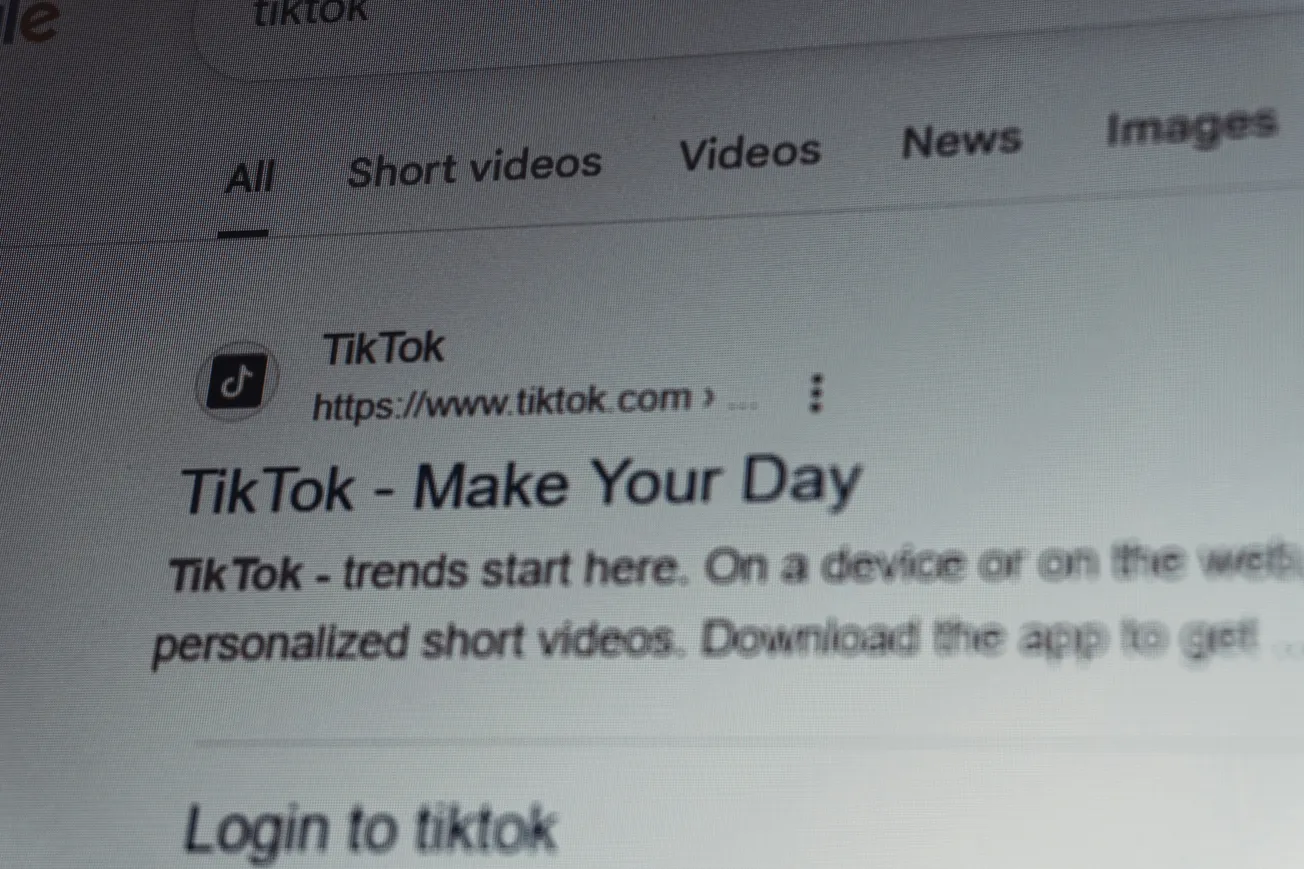In early 2025, podcasters observed a significant and perplexing surge in download numbers, particularly from Southeast Asia. This anomaly was traced back to Google's applications, notably Google News and the now-defunct Google Podcasts. The incident not only skewed analytics but also raised concerns about data accuracy and its implications for monetization and audience engagement strategies.
A Sudden Surge with Strange Origins
The unexpected increase in podcast downloads was first reported by Podnews, which noticed its daily podcast episodes receiving up to 40,000 downloads—a staggering increase compared to the usual 2,500.
Further investigation revealed that these downloads originated predominantly from Indonesia and Malaysia, utilizing Android’s generic Dalvik user-agent. This pattern suggested automated downloads initiated by Google's services, specifically through the "Hey Google, play the latest news" voice command, which triggers audio briefings via Google News.
Backend Changes During Google’s Podcast Transition
The spike coincided with Google’s transition from Google Podcasts to YouTube Music, which involved significant backend changes in how podcast content was indexed and distributed.
During this migration, unintended automated behavior—likely due to outdated or experimental features—caused episodes to be downloaded en masse without direct user action. This misfire in user-agent activity created widespread confusion for creators and hosting providers alike.
Financial Consequences for Creators
The most immediate and tangible impact of the unexpected surge in downloads was financial. Hosting providers typically charge based on bandwidth usage or data transferred. When podcast files are downloaded tens of thousands of times more than usual, these costs can skyrocket.
Podnews, one of the first outlets to report the anomaly, experienced a sudden $200 increase in hosting expenses for March 2025 alone. For small, independent creators who operate on tight budgets, such unforeseen costs can be a serious burden and could even make continued production unsustainable if not addressed swiftly.
Misleading Analytics and Data Distortion
Beyond cost, perhaps the most damaging effect was on data integrity. Podcasting is a metrics-driven industry. Advertisers, producers, and networks rely heavily on download counts to gauge performance, determine audience reach, and make investment decisions.
The artificial inflation of these numbers—caused by Google applications downloading episodes without direct user intent—completely undermined this system. Creators were left trying to decipher which downloads represented real human listeners versus automated behaviors, a nearly impossible task without additional data layers.
Implications for Advertising and Audience Engagement
With distorted analytics, the ability to accurately measure engagement and conversion rates was compromised. This has a cascading effect on monetization.
If advertisers pay based on inflated download figures, it can create friction and distrust when campaigns don’t deliver expected outcomes. Inversely, podcasters may find themselves under pressure to meet artificially high benchmarks, potentially misaligning content and marketing strategies.
Long-term, this kind of data unreliability can erode trust across the podcasting ecosystem, affecting relationships between creators, platforms, and sponsors alike.
Historical Precedents: When Podcast Metrics Have Gone Awry
This 2025 incident isn't the first time the podcasting world has seen unexplained download spikes. One of the most common culprits in past cases has been auto-download behavior from podcast apps.
Many apps, such as Apple Podcasts or Pocket Casts, are configured by default to automatically download new episodes for subscribed users. A sudden influx of new subscribers—such as when a show is featured on a platform’s homepage or mentioned by a celebrity—can cause tens of thousands of downloads overnight, skewing analytics in ways similar to what occurred with Google's systems.
Technical Bugs and Infrastructure Glitches
In other historical cases, bugs in platform infrastructure have also led to inflated numbers. For example, a known issue in older versions of podcast players would sometimes repeatedly download the same episode if a user paused or scrubbed through the audio too quickly.
These "phantom downloads" could stack up rapidly without the user even realizing it, creating misleading impressions of popularity and straining hosting infrastructure.
Malicious Bot Activity
There have also been instances of malicious activity—where bots, either intentionally or unintentionally, triggered downloads en masse.
These cases are rare but not unheard of, and when they occur, they often necessitate intervention from analytics providers or hosting platforms to reclassify or eliminate the false data. In some extreme cases, this has led to episodes being delisted or flagged by analytics services, temporarily hurting a show's visibility and credibility.
Moving Forward: Ensuring Data Integrity in a Changing Ecosystem
In light of recurring issues with false download spikes, it's more important than ever for podcasters to use robust third-party analytics tools. Platforms like OP3, Podtrac, and Triton Digital allow for deeper audience segmentation, user-agent filtering, and anomaly detection.
These services can help podcasters determine whether a download was initiated by a real user on a recognized device, or by an automated process. Cross-referencing host analytics with these third-party tools can create a clearer picture of true listener behavior.
Monitoring Geographical and Technical Data
Sudden changes in geographical listenership can serve as red flags for anomalous behavior. In the Google spike case, downloads surged specifically in Indonesia and Malaysia—regions not historically known for consuming high volumes of English-language news podcasts.
Podcasters should monitor regional traffic and investigate unexpected changes, especially when paired with generic user-agents like “Dalvik,” which are common indicators of Android system-based processes rather than individual user activity.
Advocating for Greater Platform Transparency
A broader industry response may also be required. As platforms like Google continue to experiment with new podcast features and integrations, they should be encouraged—if not required—to offer greater transparency into how their services interact with RSS feeds and audio files.
Podcasters, hosting companies, and industry bodies may need to collaborate on establishing best practices for data reporting and listener engagement attribution to prevent such issues from becoming recurring problems.
Embracing Caution in Reporting Metrics
Finally, podcasters and media agencies need to adopt a more cautious approach when interpreting download data. In press kits, ad rate cards, or investor reports, it’s wise to qualify audience metrics with notes about recent anomalies or trends. This not only protects the credibility of the show but also demonstrates a responsible and nuanced understanding of how podcast data should be read and applied in decision-making.










